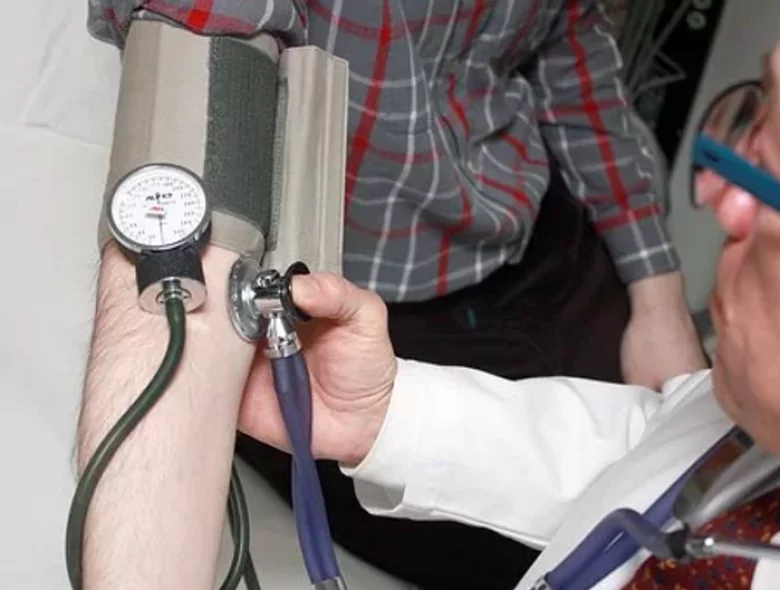No matter how hard you try to be as healthy and safe as you possibly can be, you will eventually get sick. Whether it be from riding a train on the wrong or touching your face after using a door. It can become an even bigger problem when it happens in a foreign country when you can’t fully speak the language. There are some other things that may need to be done in order to have your experience be the best it could be. Just try to take it slow and work your way through the process.

Insurance Card
Before you even think about where to find your nearest doctor you will need to have your insurance card. This would seem like an obvious part of going to the doctor’s office but sometimes an emergency may happen and you will forget some things. The national health care system in Japan works very well, and the average person only pays 30% of the overall bill. It covers all the basic health needs, from regular doctors to dentistry. You can use it anywhere that you will need to have any kind of wellness needs. There are some differences in what is considered a medical need and some things may not be considered as a medical expense, like chiropractic, so you will need to look into what you are going to try to use the card for. Depending on what your job is you may be able to access a better form of insurance given to you by your company. It all depends on how many hours you work and what kind of company you work for. Look into your employers as best as you can before working for them to see what kind of insurance you can be eligible for.

Language Barrier
There is always the problem of the language barrier. There is a different kind of terminology that is used in Japan. There are a lot of offices that use English in their paperwork and have even begun to employ workers who have at least a small amount of English ability. You can try to use whatever Japanese you know at the time, but one of the best ways to get your point across is to use gestures. There are universal signs to tell the doctor and the nursing staff what hurts you. Be as obvious as you can be with your movements and they will figure out what it is you are trying to tell them. Your phone can be very helpful in this situation so using it is highly recommended.
Here are a few words and phrases that can help you when speaking with the doctor.
Itai- pain
Atama- head
Onaka- stomach
Ude- arm
Ashi- leg
Seki- cough
Netsu- fever
Hakike- nausea
Genkigawarui- I feel unwell.
Eigowohansemasuka?- Do you speak English?
You can find more words and phrases before you go and it is a good idea to practice the situation a few times by yourself to get used to the language.

Paperwork
Anywhere you go for the first time will require you to fill out all of the proper paperwork. You will need to have your insurance card and your visa or residence card when you first meet the nurses. They will ask if you have been there before, if not they will then hand you the paperwork you will need to fill out before meeting the doctor. You can use English if you don’t know any Japanese kanji and the staff will be able to use it correctly. Once you finish all of the paperwork properly they will give you a number or sit you in the waiting room. Once they have all of it processed you can meet with the doctor. After you finish talking with them you will get a card before you leave. This card will show that you have been to that office and you will only need to show it when you go back. You will have to repeat the process if you go to any other office after this, so keep that in mind.

Medication
When the doctor gives you the medication slip, you will need to bring it to the nearby pharmacy. There is usually a pharmacy within walking distance from the doctor’s office. They might have workers who can speak English, but it is highly unlikely. Give them the slip and they will know what to do. Once they have processed the medicine you will get a brief explanation of how to take it. They will then give you a small book that you will put records of your medication in. They will give you a sticker with the medication information and you put it on an empty page. These will help them see what you have been taking and what medicines you should get for future reference. If you forget to bring your booklet it will be fine, and you can still get your prescriptions.
The way that they run their offices is very similar to western offices and the staff is always friendly. Make sure to wear a mask when you go as you will be in a room full of other sick people, and it will reduce the chance of you getting anyone else sick. Don’t stress too much about going there, as they will make it as easy of an experience as they can. You should make sure to be thoughtful of their situation in diagnosing you as you try to be understood.



